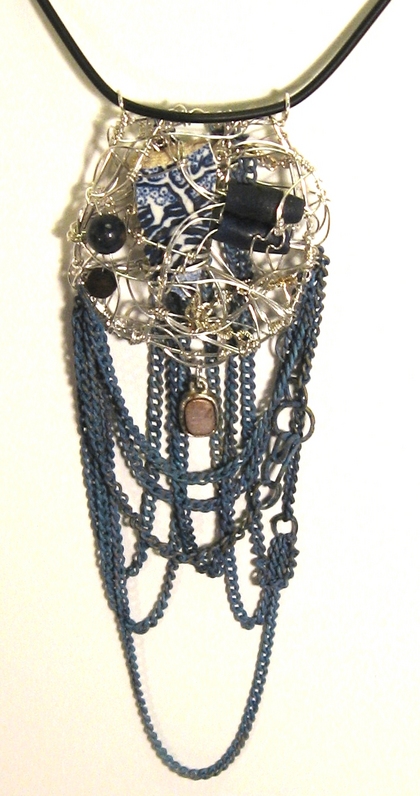The Future of Reading? - Ezra Klein
The Future of Reading - Ezra Klein @ Columbia Journalism Review
So Klein spends some time with Amazon's Kindle and has already decided that traditional books are not capable of handling the changes in content of the digital age. He does make some strong points: commentary and notations are far easier to engage in through digital books and a web connection. Time sensitive books such as those on political events could use instant update features to correct outdated material. And particularly controversial books would have a direct connection between the reader and the author. This is where the disruptive nature of the Internet injects itself in the real world.
Naturally, as a blogger, Klein is inclined to think of texts as reader-author relationships. Blogs have become some of the most read online texts in existence. And the mix of reader and author allows for debates to bring out new ideas and reworked blog posts. Klein argues that a similar debate can take place over political books such as Andrew Sullivan's The Conservative Soul. It's a strong argument and one I believe will prove true, to a point.
To offer a contrast, Klein takes a similar perspective with Max Boot's World War Z. The purpose behind the comparison is to illustrate where the Kindle fails as it distracts from the simplicity of reading for pleasure.
I do agree that a digital device won't replace those texts meant for pleasure. But I have to strongly disagree with Klein over the matter of non-fiction texts. What may hold true for contemporary political texts on contemporary political topics fails miserably when attempting anything of a lasting work. Example: Wittgenstein (yes, I'm using him again as an example) wrote two works of philosophy in his life time. His first, published in the early 20s was hailed as the founding text for logical positivism. Twenty years later Wittgenstein wrote another work on the philosophy of language completely at odd with his first.
I use Wittgenstein as an extreme example of how one's thinking can change, sometimes radically, over a period of time. A non-fiction work must have an endpoint. For academics, this is known as the point where you simply stop writing. You can use the texts available to you at the time but waiting for some new text to arrive that adds to your work is foolish and damaging to your career. At some point you have to end the research and the book as well. Moreover, the more time you study a subject the more your understanding increases. Some of the best work by philosophers and historians is done in the waning years of their life. A constant blog-like debate over a single text does little to actually improve the thinking of the academic. Nor does an academic have the time a blogger does to engage in such a debate, particularly since they have papers to grade, classes to prepare for and new topics to research.
Another point Klein misses is that research requires the quick movement from text to text as one is writing. A single device that contains all of the texts the academic uses is actually detrimental to the work. You need that ability to lay two or three books together at once to properly write an academic text.
So while Klein does have an argument when it comes to political texts and the potential digital devices have to improve the interaction with digital content, he misses the more important points of pleasure and academic reading. Yes, it requires the maintenance of a library of books but as Klein himself notes, paper texts have existed and adapted to new technologies many times before. The Kindle's potential is powerful, but that power is derived from its ability to deliver digital content or content that is improved by a close relation between the reader and the author. It's power does not, however, extend to novels and academic works for the very same reasons.




